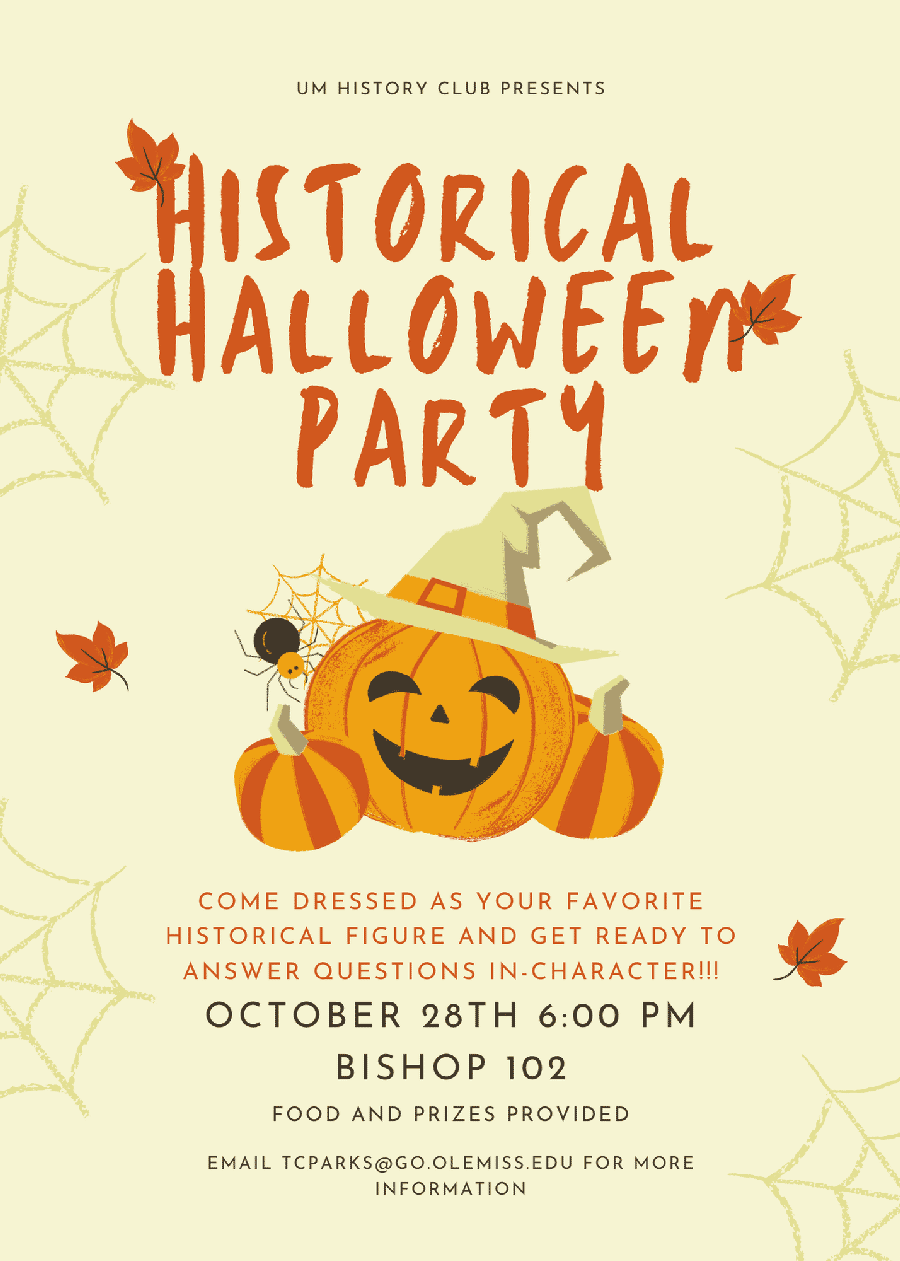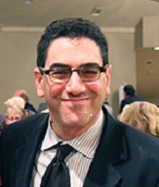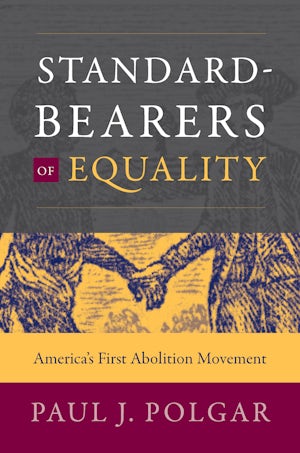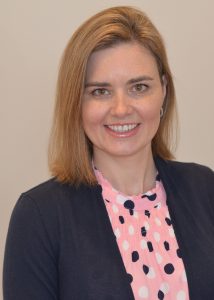
Archive for the ‘Event feed’ Category
A Virtual Lecture by Dr. Julian M. Simpson
Lecture Title: Medical Migration and the NHS’s Permanent Recruitment Crisis
Speaker: Julian M. Simpson
When: Tuesday, March 30, at noon CST via Zoom.
Registration: To register for the virtual lecture, simply click on the following link: https://olemiss.zoom.us/meeting/register/tJApfuiuqTIjGt3srypVy_hjBBbl1uOmZJTb
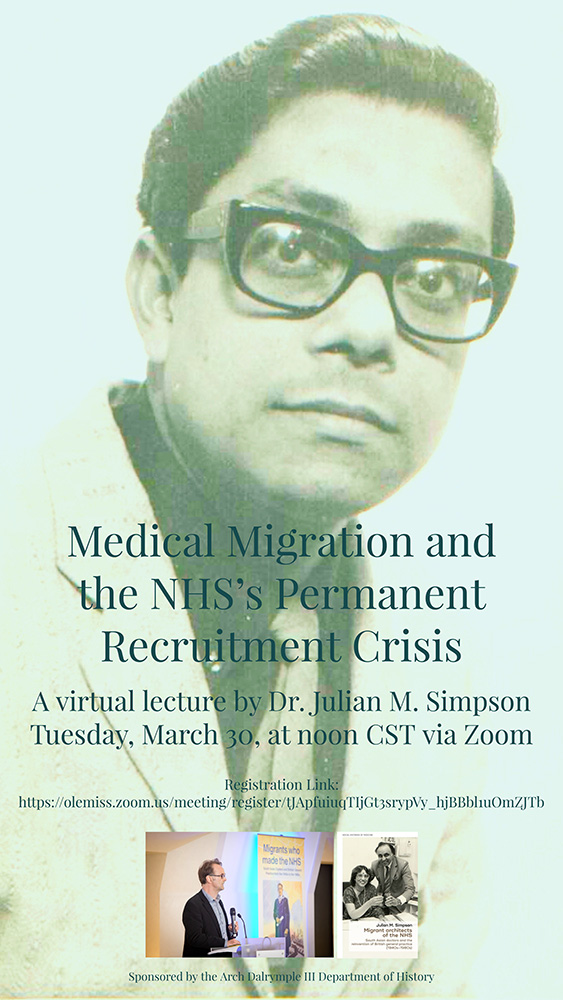
Lecture Abstract: Using oral history interviews and archival research I will explore the complex nature of the relationship between the UK’s National Health Service and the medical migrants who have played an essential role in staffing it since its inception in 1948. While lip service has been paid to their numerical importance, there has been less focus on the specific nature of the roles they have performed in the British healthcare system and what this reveals about the culture of medicine and the structure of the NHS. Medical migrants need to be understood as providing ‘special’ labour rather than simply ‘additional’ labour. In the first four decades of the NHS, migrant doctors were disproportionately represented in the provision of care for the least affluent and most vulnerable sections of society. I would argue that this is the core function of the NHS, hence that they were its architects. Their presence in fields such as psychiatry or areas of medicine such as inner-city general practice was not simply the product of a shortage of doctors in absolute terms. It was about the low-status of these forms of work within the British medical profession, and the emigration of their UK colleagues who chose to shun the opportunities that migrants used to build careers. Similar patterns in the deployment of medics can be observed in other westernised medical systems and I will conclude by highlighting the different ways in which this history is relevant to our understanding of global public health.
Speaker biography: Julian M. Simpson is an independent writer, researcher, and translator. He has worked in a number of capacities for various organisations, including the BBC World Service, the Scottish Refugee Council, the l’Afrique à Newcastle Festival and the University of Manchester. He is the author of Migrant architects of the NHS: South Asian doctors and the reinvention of British general practice (1940s-1980s) (Manchester University Press, 2018) and co-editor of History, Historians and the Immigration Debate: Going Back to Where We Came From (Palgrave, 2019).
“If President Trump loses in 2020, it won’t be because of Joe Biden”
On May 15, 2020, Instructional Associate Professor Robert Fleegler published the piece below in the “Made by History” section of the Washington Post.
“If President Trump loses in 2020, it won’t be because of Joe Biden”
By Robert Fleegler
May 15, 2020
Professor Frances Kneupper Granted Fellowship in Budapest
Frances Kneupper will write a scholarly study of Medieval prophets
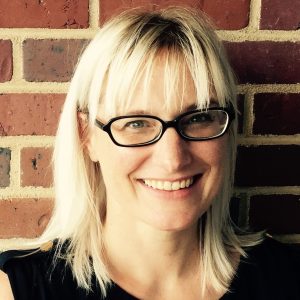 AUGUST 31, 2020 BY KATHRYN ALBRITTON
AUGUST 31, 2020 BY KATHRYN ALBRITTON
Frances Kneupper, associate professor in the Arch Dalrymple III Department of History at the University of Mississippi, has been honored as a 2020-21 senior fellow at the Institute of Advanced Studies at Central European University.
Founded in 2011 in Budapest, Hungary, the institute promotes scholarly research in the context of an intellectual interdisciplinary community. It annually grants up to 30 fellowships to scholars from around the world focusing on social sciences, humanities, law and art.
Kneupper, a cultural historian of religion whose research focuses on heresy, prophecy and religious dissent in the Holy Roman Empire, is scheduled to leave for Budapest in October. The first senior fellow at the institute from Ole Miss will work on her second book project, “Beware of False Prophets: The Contest over Prophecy in the Late Middle Ages.”
“Beware of False Prophets” examines how several groups of Medieval women in Europe declared themselves prophets – a phenomenon typically limited to the realm of men – and were fiercely opposed by their male contemporaries.
“This was an argument about whether women should have a voice and authority,” Kneupper said. “You can see the same dynamics still being played out today when women try to claim power in a male-dominated sphere. This is a universal issue.”
Her other scholarly works include “The Empire at the End of Time: Identity and Reform in Late Medieval Germany Prophecy” (Oxford University Press, 2016) and a digital textbook, “Foundations of Western Culture Through 1500” (Great River Learning, 2015).
“Frances is an innovative researcher and well-known interpreter of the Medieval world for both lay and academic audiences,” said Noell Wilson, UM associate professor and chair of history. “She is respected for her scholarship and teaching alike.
“We are thrilled that she has this next year to complete her current book project while also cultivating intellectual bridges with historians in Budapest and Europe more broadly.”
Professor Garrett Felber Wins Fellowship at Harvard
Garrett Felber will focus on writing two books examining African Americans and imprisonment

Garrett Felber
AUGUST 14, 2020 BY KATHRYN ALBRITTON
A University of Mississippi history professor is set to begin a one-year fellowship at the W.E.B. Du Bois Research Institute at Harvard University’s Hutchins Center for African and African American Research in September.
Garrett Felber, assistant professor of history at UM, is among just 16 chosen fellows this year. Founded in 1975, the W.E.B. Du Bois Research Institute annually grants up to 20 scholars from across the world to perform individual research at either the predoctoral or postdoctoral level into an array of topics related to African and African American studies.
Felber will spend the year working on two book projects: “We Are All Political Prisoners: The Revolutionary Life of Martin Sostre” and “The Norfolk Plan: The Community Prison in the Age of Mass Incarceration.” Both works will focus on different aspects of Felber’s primary research topic: 20th-century African American social movements, Black radicalism and efforts to reform or abolish prisons.
Because of the COVID-19 pandemic, Felber will be working remotely from Oregon.
“This fellowship will allow me the time to work on two important projects that I hope will advance the understanding not only of the specific topics, but of the relationship between Black people in America and the carceral state,” Felber said.
Felber is the author of “Those Who Know Don’t Say: The Nation of Islam, the Black Freedom Movement and the Carceral State” (UNC Press, 2020) and co-author of “The Portable Malcolm X Reader” with the late Manning Marable (Penguin Classics, 2013). Felber’s work has been published in the Journal of American History, Journal of African American History, Journal of Social History and Souls.
He also served as lead organizer for the Making and Unmaking Mass Incarceration conference and is project director of the Parchman Oral History Project, a collaborative oral history, archival and documentary storytelling project on incarceration in Mississippi. He co-founded Liberation Literacy, an abolitionist collective inside and outside Oregon prisons, and spearheaded the Prison Abolitionist Syllabus, a reading list published by Black Perspectives that highlighted and contextualized the prison strikes of 2016 and 2018.
Felber not only researches and writes about prisons; he teaches in them. In Mississippi, he has taught two classes at Marshall County Correctional Facility in Holly Springs.
“Garrett is an indefatigable researcher and community builder whose knowledge of the carceral state stems not merely from archival digging, but also from his volunteer engagement with prisons as a teacher,” said Noell Wilson, professor and chair of the Arch Dalrymple III Department of History.
“We are thrilled with this award because it both recognizes his national profile in the field of African American history and provides critical space for him to advance two pioneering interpretive projects.”
Andrew Mellon Foundation Recognizes Invisible Histories Project
IHP-Mississippi satellite project lauded for oral history research
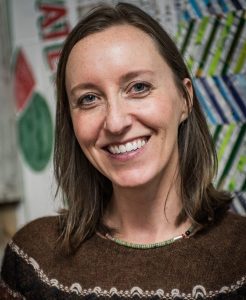 The Andrew W. Mellon Foundation has recognized the work of several University of Mississippi partners through a $300,000 grant supporting the collection, preservation, future research and accessibility of LGBTQ history in Alabama, Mississippi and Georgia.
The Andrew W. Mellon Foundation has recognized the work of several University of Mississippi partners through a $300,000 grant supporting the collection, preservation, future research and accessibility of LGBTQ history in Alabama, Mississippi and Georgia.
The grant went to the Invisible Histories Project, founded in 2016 by Joshua Burford and Maigen Sullivan and based in Birmingham, Alabama, with money also going to the satellite Invisible Histories Project-Mississippi.
Mississippi partners on the grant include the university’s Center for the Study of Southern Culture, Sarah Isom Center for Women and Gender Studies, and Department of Archives and Special Collections. The goal of the project is to expand and make publicly available manuscript and oral history collections that document LGBTQ histories of Mississippi.
“The project provides a unique opportunity to collaborate across campus departments and units, as well as across the Southeast, to bring together scholars devoted to interdisciplinary research,” said Jessica Wilkerson, UM associate professor of history and Southern Studies. “I’m excited to work with my colleagues on a cutting-edge, necessary project to document queer and Southern history.”
Besides Wilkerson, faculty members primarily involved in the project are Amy McDowell, assistant professor of sociology, and Jaime Harker, Isom Center director and professor of English.
The seeds of IHP-Mississippi were planted last year when Burford visited the Center for the Study of Southern Culture and met with Wilkerson and her Queer Southern History class, which was developing an oral history project. During that visit, Southern studies faculty and staff, the Isom Center, and Special Collections and Archives began exploring the possibility of starting an IHP satellite project at Ole Miss.
The university is the only IHP satellite site, although plans are for the University of West Georgia to become a satellite in spring 2020, Burford said.
“We have received the most amazing support from UM for this project and your outstanding staff and faculty have really been leaders in the expansion of our work,” said Burford, IHP’s director of community engagement. “They saw in us the potential of what Invisible Histories Project could do and invested early.
“There is so much amazing queer history in Mississippi and with the help of your campus, we are going to be leaders in the field of preservation and research of LGBTQ history both in and out of the South.”
Along with receiving $10,000 annually for two years to support the project, IHP-Mississippi will be part of the bigger IHP model. The project’s staff will provide support through site visits, helping to locate research opportunities, advising on queer history courses and research development, connecting institutions to repositories and community organizations, providing branding and paperwork, developing a site plan of goals and outcomes, and providing trainings for students and faculty.
Beyond that, joining the IHP network is mportant because it allows participants to learn from archivists and public historians already doing this work, Wilkerson said.
Burford and Sullivan will visit Oxford this summer to meet with the project team and develop a site plan for the 2019-20 academic year.
The project will benefit students and hopefully help attract up-and-coming scholars of the queer South, Wilkerson said.
“Of course, Jaime Harker is leading the way as a faculty member with her book ‘The Lesbian South,’” Wilkerson said.”Mostly, I was inspired by the group of students in my spring Southern studies seminar.
“They laid the groundwork for this project by conducting oral history interviews with gay, lesbian and queer community members in Oxford, and they showed me that a larger project was possible.”
Additionally, Wilkerson’s fall 2019 Southern studies graduate seminar will expand the oral history project begun last spring on Mississippi LGBTQ history. Wilkerson and McDowell also received an Isom Fellowship to help support the expanding LGBTQ oral history and archiving project.
The Andrew W. Mellon Foundation endeavors to strengthen, promote and, where necessary, defend the contributions of the humanities and the arts to human flourishing and to the well-being of diverse and democratic societies. To this end, it supports institutions of higher education and culture as they renew and provide access to an invaluable heritage of ambitious, path-breaking work.
The foundation makes grants in four core program areas: Higher Education and Scholarship in the Humanities, Arts and Cultural Heritage, Scholarly Communications, and International Higher Education and Strategic Projects.
More information on the Invisible Histories Project can be found at https://www.invisiblehistory.org/.
Kelly Houston, April’s Staff Member of the Month
Kelly Houston, administrative coordinator for the Arch Dalrymple III Department of History, has been selected as Staff Council’s Staff Member of the Month for April. To help us get to know her better, she answered a few questions for Inside Ole Miss.
IOM: How long have you worked at Ole Miss?
Houston: It will be nine years this summer.
IOM: What is your hometown?
Houston: Klein, Texas
IOM: Talk about your favorite Ole Miss memory.
Houston: I created the University of Mississippi Working Mothers Support Network in April 2016. I can still remember vividly the people sitting around the table in Lyceum 200 at our first meeting. It was amazing to be talking with women from different positions in all areas of campus who were facing, or who had faced, similar hardships as working moms.
I have formed friendships with many of the women that I may not have met outside of the group. I am proud of the work we continue to do to try to make the campus more family-friendly, but I will always remember that first meeting fondly.
IOM: What do you enjoy most about your position or the department in which you work?
Houston: Absolutely it is the people I interact with. From day one, I have felt that the members of the Arch Dalrymple III Department of History have supported me not only as an employee and colleague, but also as a person. Some of the most generous people on campus work, or worked, in the history department. They are giving in their voice, actions and materials.
I appreciate the ways they have embraced me and encouraged me to grow. I also get to work with wonderful people in other departments on campus. Some I only know by phone or email, but they still manage to bring a smile to my face.
IOM: What do you like to do when you are not at work?
Houston: Most of my time away from work is spent building houses with my husband or at FNC Park watching our 7-year-old play soccer, baseball and flag football. In my free time, I enjoy cooking, gardening and getting together with the families in our neighborhood.
IOM: What is one thing on your bucket list?
Houston: I would love to take a European vacation with my husband and kids.
IOM: What is your favorite movie?
Houston: I tend to only watch movies with my kids these days. Some of my favorites to watch with them are “The Sound of Music,” “Beauty and the Beast” and “Toy Story.”
IOM: What is your favorite Ole Miss tradition?
Houston: I love watching the band and the cheerleaders perform in the Grove before they head to the stadium.
IOM: What is a fun fact about you?
Houston: I was an extra in the movie “Tin Cup.”
IOM: If you could have lunch with anyone alive or dead/fictional or real, who would it be and why?
Houston: I would love to have lunch with my grandparents so I could share with them the joys of their great-grandchildren.
IOM: What are three words you would use to describe yourself?
Houston: Empathetic, tenacious, happy
IOM: If you could visit one time or place in world history – past, present or future – what would it be?
Houston: I would love to revisit my wedding day. It was such a happy day surrounded by our closest friends and family. It would be fun to celebrate with them again.
IOM: If I could be an animal for a day, I would be _____ .
Houston: A manatee. I wouldn’t mind relaxing in some warm Florida water right now.
To nominate a colleague for Staff Member of the Month, email staffcouncil@olemiss.edu with the name of the individual you’d like to nominate as well as why you feel he or she should be recognized.
